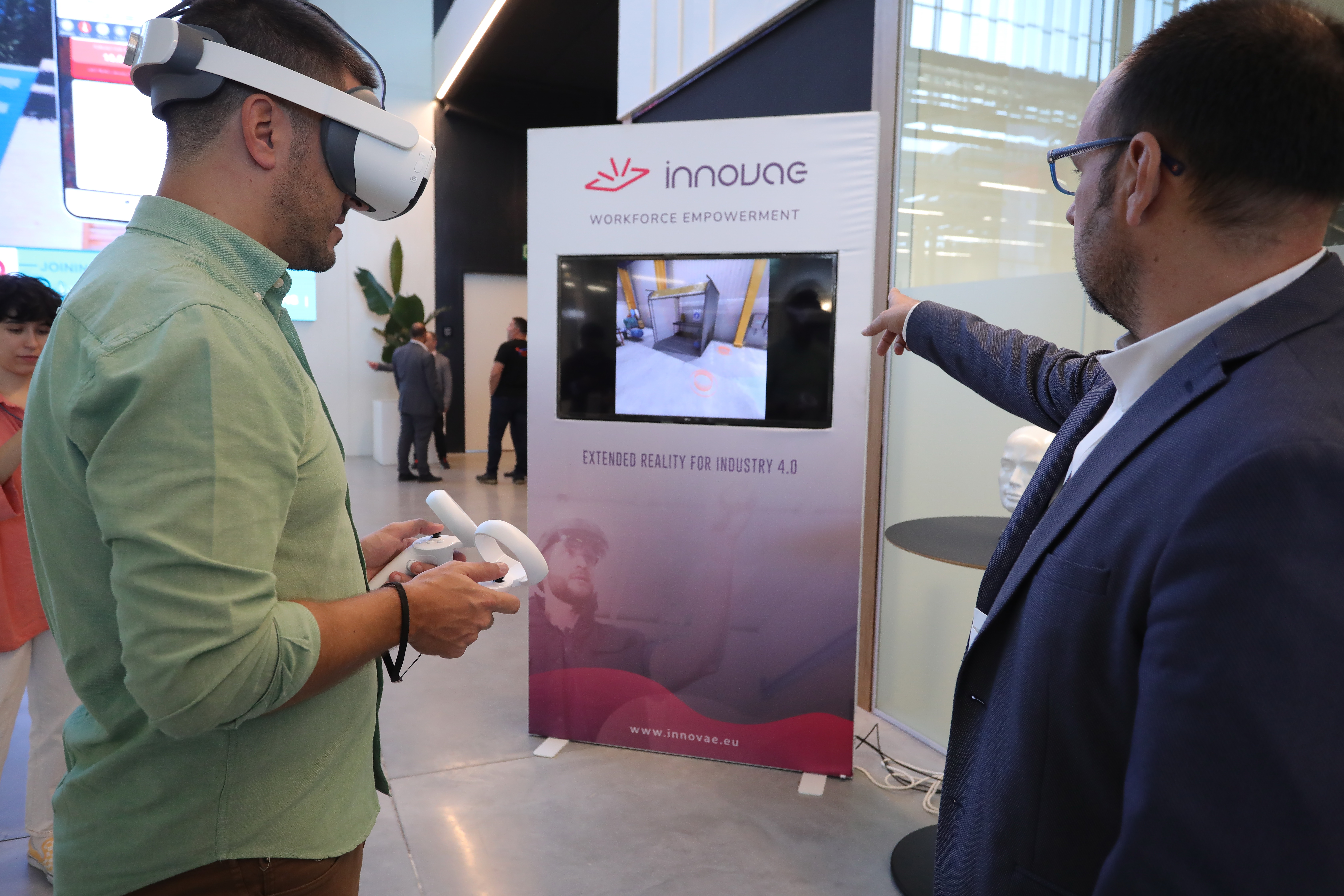The so-called industry 4.0 is based on digital technologies, such as the Internet of Things (IoT), artificial intelligence (AI), Big Data, robotics, virtual and augmented reality, among others… Their goal is to create a smart and connected factory, that can adapt to market and customers changes and is capable of producing high-quality, customized products at low cost.
Technologies related to industry 4.0 can also lead to brand new products and services. The use of sensors and wearable devices, analytics, and robotics, among others, will enable product enhancements in variety of ways, from prototyping and testing to adding connectivity to previously unconnected products. These changes translate, in turn, into changes in the supply chain and, consequently, in customers.
However, the industry 4.0 implementation can present many challenges, let’s see what they are:
- Cybersecurity: With the growing interconnection of devices and systems in industry 4.0, information security has become a critical issue. The protection of company data and systems to prevent the risks of cyber-attacks.
- Integration of technologies: The integration of technologies in product processes requires an appropriate and coordinated integration of all tools and systems, which might be a significant challenge for some companies.
- Shortage of talent: The lack of professionals with technical skills and raising technologies knowledge might hinder the implementation of industry 4.0 in some companies.
- Cultural adoption: The adoption of new technologies and processes might generate resistance in companies, employees, and managers.
- Implementation cost: Investing in advanced technologies might be expensive.
- Maintenance and updating of technologies: Advanced technologies demand constant maintenance and updating, which might be challenging for some companies that do not have the necessary resources.

